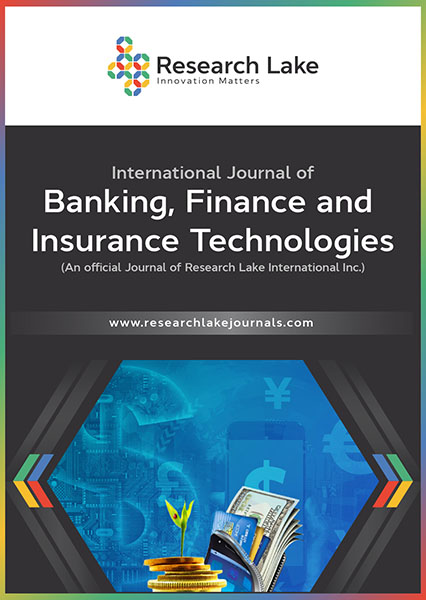Decarbonization of Indian Banking: Challenges & Pathways Forward
Abstract
This study examines the challenges for decarbonizing the Indian banking sector, a critical step in India's commitment to the Paris Agreement. The objective is to assess the current status of decarbonization, identify key challenges, and propose strategic solutions to facilitate sustainable banking practices. In this context, the research employs a qualitative approach, analyzing secondary data from literature, policy documents, and industry reports. The novelty of the research lies in its comprehensive assessment of the multifaceted challenges financial, regulatory, technological, and socio-cultural specific to the Indian context. It provides a nuanced understanding of the sector's progress and the barriers it faces, which is crucial for policymakers and banking institutions.
The findings reveal a mixed landscape of decarbonization efforts, with some banks successfully adopted sustainable banking practices, while others struggle with scaling and operational constraints. Key findings indicate that while some Indian banks have made strides in adopting green practics, the sector as a whole is hindered by high costs of green technologies, regulatory uncertainty, outdated technological systems, and a culture resistant to change. The study highlights the need for clear policies, investment in technology upgradation, and a cultural shift towards sustainability within the banking sector.
Copyright (c) 2024 Janardhana Anjanappa

This work is licensed under a Creative Commons Attribution-NonCommercial 4.0 International License.
Copyright © by the authors; licensee Research Lake International Inc., Canada. This article is an open access article distributed under the terms and conditions of the Creative Commons Attribution Non-Commercial License (CC BY-NC) (http://creative-commons.org/licenses/by-nc/4.0/).







